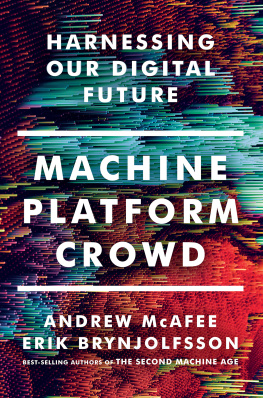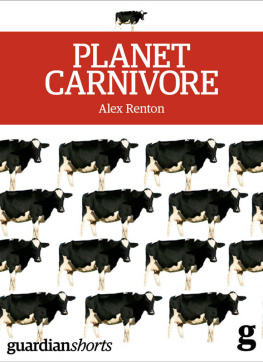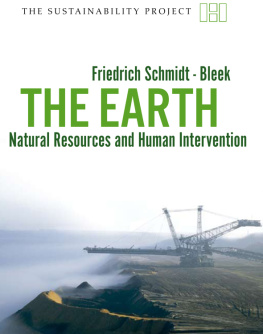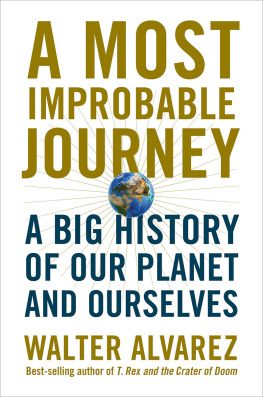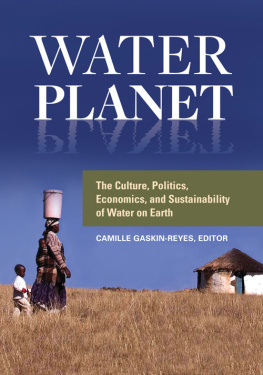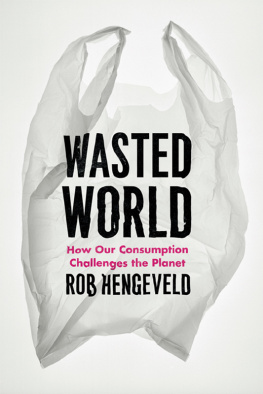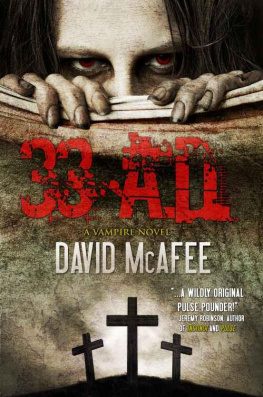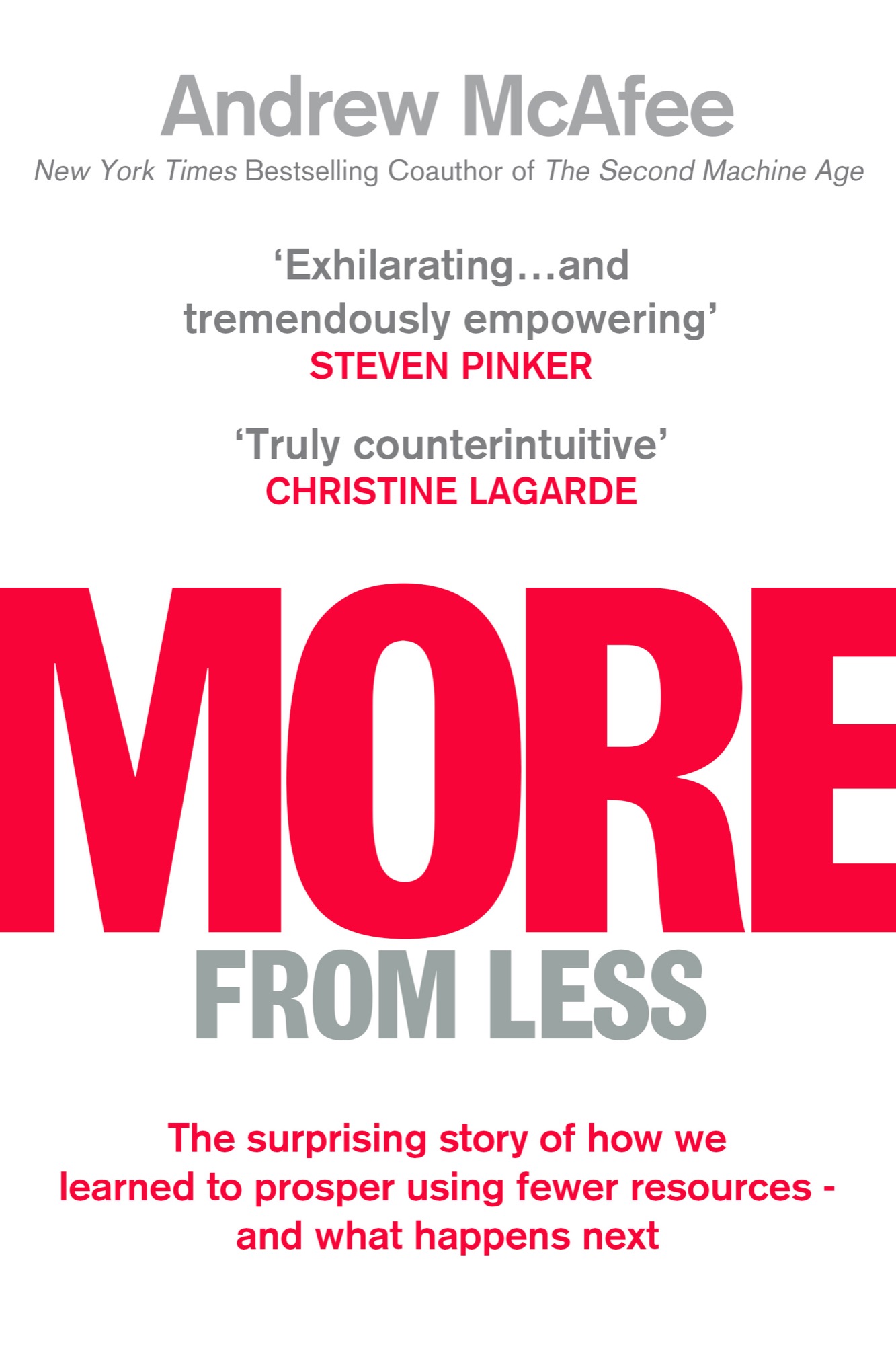Andrew McAfee - More from Less: The Surprising Story of How We Learned to Prosper Using Fewer Resources—and What Happens Next
Here you can read online Andrew McAfee - More from Less: The Surprising Story of How We Learned to Prosper Using Fewer Resources—and What Happens Next full text of the book (entire story) in english for free. Download pdf and epub, get meaning, cover and reviews about this ebook. year: 2019, publisher: Scribner, genre: Science. Description of the work, (preface) as well as reviews are available. Best literature library LitArk.com created for fans of good reading and offers a wide selection of genres:
Romance novel
Science fiction
Adventure
Detective
Science
History
Home and family
Prose
Art
Politics
Computer
Non-fiction
Religion
Business
Children
Humor
Choose a favorite category and find really read worthwhile books. Enjoy immersion in the world of imagination, feel the emotions of the characters or learn something new for yourself, make an fascinating discovery.

- Book:More from Less: The Surprising Story of How We Learned to Prosper Using Fewer Resources—and What Happens Next
- Author:
- Publisher:Scribner
- Genre:
- Year:2019
- Rating:3 / 5
- Favourites:Add to favourites
- Your mark:
More from Less: The Surprising Story of How We Learned to Prosper Using Fewer Resources—and What Happens Next: summary, description and annotation
We offer to read an annotation, description, summary or preface (depends on what the author of the book "More from Less: The Surprising Story of How We Learned to Prosper Using Fewer Resources—and What Happens Next" wrote himself). If you haven't found the necessary information about the book — write in the comments, we will try to find it.
Throughout history, the only way for humanity to grow was by degrading the Earth: chopping down forests, fouling the air and water, and endlessly digging out resources. Since the first Earth Day in 1970, the reigning argument has been that taking better care of the planet means radically changing course: reducing our consumption, tightening our belts, learning to share and reuse, restraining growth. Is that argument correct?
Absolutelynot. InMore from Less,McAfee argues that to solve our ecological problems we dont need to make radical changes. Instead, we need to do more of what were already doing: growing technologically sophisticated market-based economies around the world.
How can he possibly make this claim? Because of the evidence. Americaa large, high-tech country that accounts for about 25% of the global economyis now generally usinglessof most resources year after year, even as its economy and population continue to grow. Whats more, the US is polluting the air and water less, emitting fewer greenhouse gases, and replenishing endangered animal populations. And, as McAfee shows, America is not alone. Other countries are also transforming themselves in fundamental ways.
What has made this turnabout possible? One thing, primarily: the collaboration between technology and capitalism, although good governance and public awareness have also been critical. McAfee does warn of issues that havent been solved, like global warming, overfishing, and communities left behind as capitalism and tech progress race forward. But overall,More from Lessis a revelatory, paradigm-shifting account of how weve stumbled into an unexpectedly better balance with natureone that holds out the promise of more abundant and greener centuries ahead.
Andrew McAfee: author's other books
Who wrote More from Less: The Surprising Story of How We Learned to Prosper Using Fewer Resources—and What Happens Next? Find out the surname, the name of the author of the book and a list of all author's works by series.

